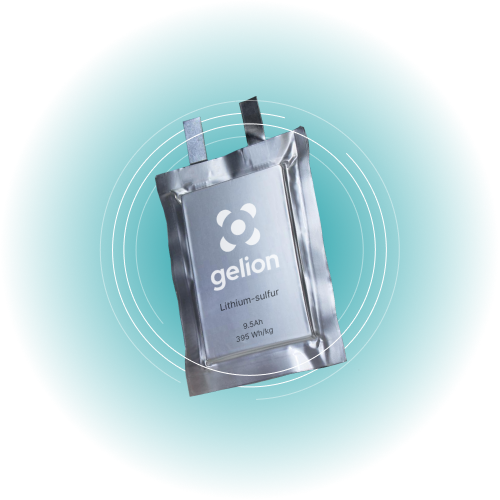
Anglo-Australian battery maker, Gelion has achieved a high energy density milestone by fabricating a 395 Wh/kg lithium-sulfur 9.5 Ah pouch cell in commercial cell format, reporting a 60 percent increase in the energy density compared to lithium-ion batteries (approximately 250 Wh/kg).
Building on the 'OXIS Gen 2' technology and IP acquired from Johnson Matthey, Gelion has set a baseline for comparison of their upcoming next-generation cell that targets even more performance improvements than the current development.
Last month, the company produced 1.0 Ah cells using the same cell technology that achieved an energy density of 245 Wh/kg. The achievement of 395 Wh/kg aligns with the independent energy density modeling projections for a larger cell format, according to Gelion.
John Wood, CEO of Gelion, commented on the development, "This result further validates Gelion's Li-S technology plan. In 2023 we established a leading Li-S cell technology foundation following the acquisition of OXLiD and the IP acquired from OXIS and Johnson Matthey. While these are still early results, we intend to build on them actively throughout 2024, unveiling and demonstrating the unique core proposition that Gelion is assembling".
"We continue to build on our position within the global battery industry and focus on establishing a strong identity and market presence which is centred on the key metrics of performance, cost, and safety, ready to leverage once our technologies go-to-market", the CEO added.
The company has claimed that testing of its next-gen cell technology is exhibiting the expected solid-to-solid conversion behavior toward enhanced stability and longevity. "We will continue to update as we progress these developments in addition to the silicon-sulfur cell development in cooperation with Ionblox", Gelion noted, in its press statement.
Gelion's ambition for its next-generation platform is to unlock the potential of sulfur batteries for a wide range of global applications including mass-market EVs, electric vertical-takeoff-and-landing (eVTOL) aircraft, drones, and stationary energy storage (ESS), as high Wh/kg translates to lighter batteries and opens many advantages for these markets.
Sulfur being an abundant material offers a future not limited by geographically concentrated and controlled battery metals which significantly improves battery lifecycle sustainability, the company believes.
Gelion and Ionblox partner to develop next-gen lithium-silicon-sulfur cells -
